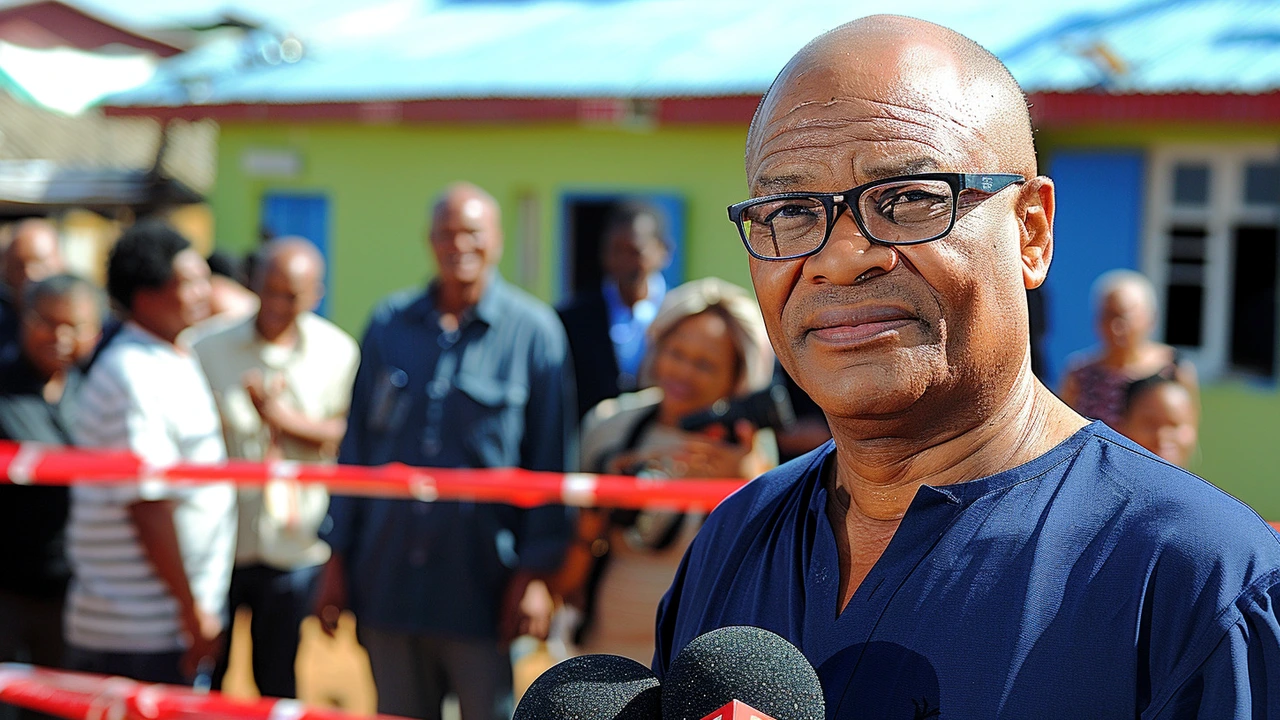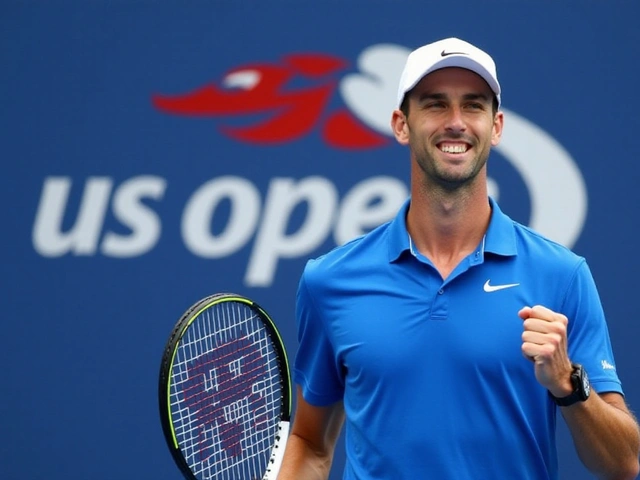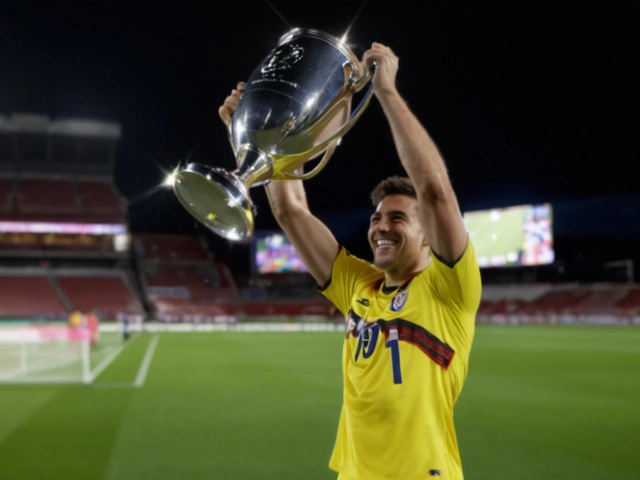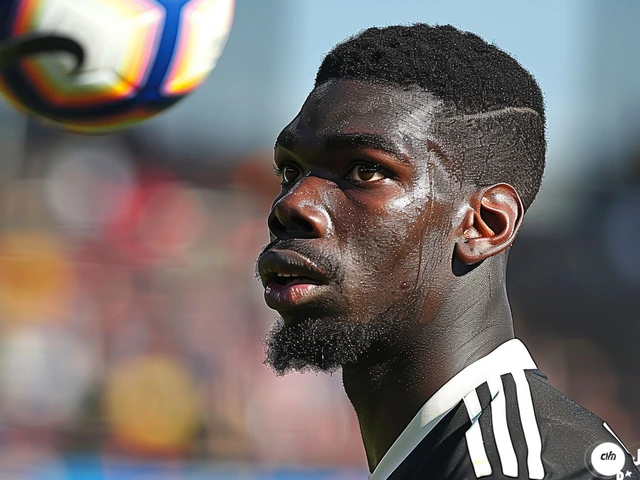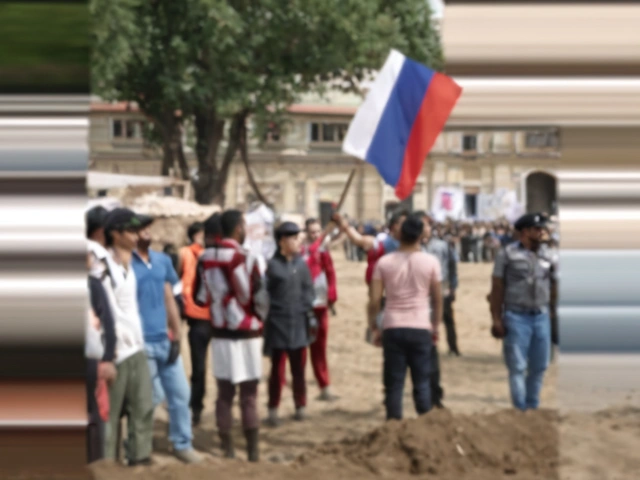Background of the Dispute
The uMkhonto we Sizwe Party (MKP), founded by Jabulani Khumalo, has found itself in the midst of a significant legal and political entanglement. The Electoral Court recently heard an application from Khumalo challenging a decision made by the Electoral Commission to replace him with former president Jacob Zuma as the party's president. This conflict reaches a critical juncture as the MKP, with 84% of the votes counted on Friday, has ascended to become the third largest party in the nation after the African National Congress (ANC) and the Democratic Alliance (DA). The rise of the MKP, however, has not been without turbulence.
Khumalo's Legal Application
On May 18, Khumalo officially filed his application to the Electoral Court, seeking to invalidate the Electoral Commission’s decision, which he deems unlawful. His filing includes a request for the court to both declare the decision invalid and reinstate him as the rightful president of the MKP. This legal battle is not just a struggle for leadership but also one for legitimacy and order within the party. Khumalo's argument leans heavily on the premise that the Electoral Commission acted outside its bounds, and his reinstatement is essential for maintaining the party's foundational principles and integrity. The stakes are high as the MKP's structure and leadership are in question amidst its political rise.
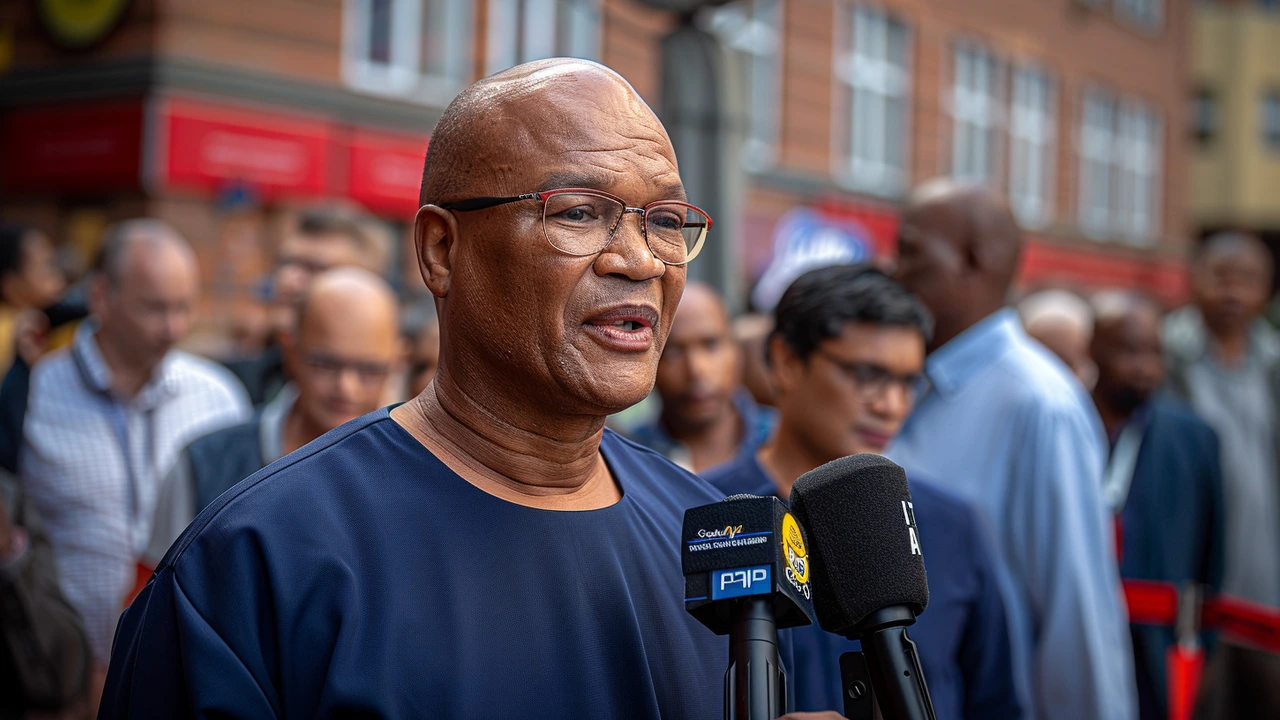
The Role of Jacob Zuma
The inclusion of former president Jacob Zuma as the party's president has been at the heart of the controversy. Zuma, a polarizing figure in South African politics with a criminal record, was recorded by the Electoral Commission as the leader without apparent adherence to legal protocols, according to Khumalo. The legitimacy of Zuma’s candidacy is under heavy scrutiny. Legal experts point out that Zuma’s criminal history could have barred his candidacy from the outset, creating a legal quagmire for the Electoral Commission and the MKP. Many within the party and the broader political landscape question whether Zuma's criminal record should have precluded him from any leadership role, raising concerns about the vetting process and the Electoral Commission's adherence to legal standards.
The Impact on MKP and South African Politics
This leadership crisis within the MKP could potentially derail the momentum the party has built up in the electoral process. The party's rise to becoming the third largest force in South African politics hints at a significant shift in the political landscape. However, internal disputes and legal battles cast a shadow over their recent achievements. The controversy might erode public confidence in the MKP’s ability to provide stable and unified leadership. Political analysts believe that how the party deals with this crisis could define its future trajectory and influence its standing with voters.
Furthermore, the ripple effects of this dispute extend to broader questions regarding the robustness of South Africa’s electoral systems and the processes by which political parties are monitored and regulated. This case underscores potential weaknesses in how election bodies handle internal party disputes and the broader implications of such conflicts.

Looking Ahead
The ongoing legal proceedings will be closely watched, given their implications not only for the MKP but also for the political fabric of South Africa. The court's decision on whether to reinstate Khumalo could reshape the party’s direction and restore order within its ranks. For now, the focus remains on the judicial process, with expectations that clarity and resolution will emerge to guide the MKP towards stable leadership.
Conclusion
The MKP’s leadership fight, centered around Jabulani Khumalo’s challenge to the Electoral Commission's ruling, has brought to light significant issues within party politics and electoral governance. With the rise of the MKP as a substantial political force, the resolution of this dispute will be pivotal in determining its ability to sustain and build upon its recent electoral success. As the legal proceedings unfold, the central question remains: can the MKP navigate through this storm and emerge as a coherent and effective political entity?

